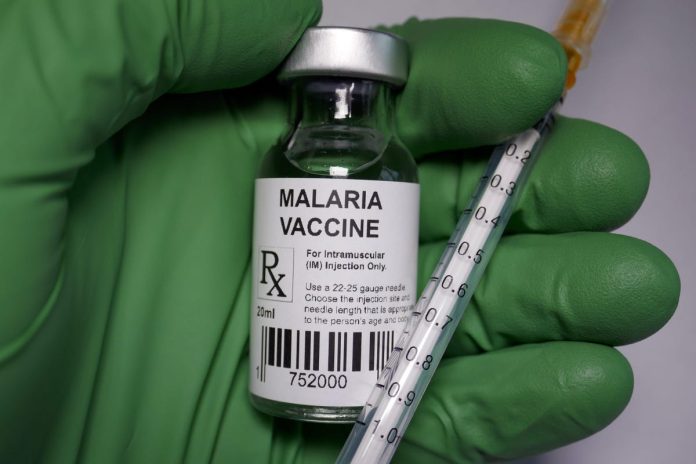A new malaria vaccine, R21/Matric-M, was endorsed, today, Monday, for the prevention of malaria in children by the World Health Organisation (WHO) and will become available mid-2024.
WHO Director-General, Dr Tedros Ghebreyesus, noted that the endorsement came sequel to its regular biannual meeting held on September 25 -29 and came on the heels of intelligence from its Strategic Advisory Group of Experts on Immunisation cum the Malaria Policy Advisory Group.
Nigeria had earlier been tagged the second country as at April 2023 to have approved the R21 malaria vaccine after Ghana.
Developed, made, and scaled up by the University of Oxford and the Serum Institute of India, respectfully, the latest vaccine, R21/Matrix-M is the only second inoculation for an ailment that had inflicted untold anguish for ages on humanity across the world.
The organization also ratified the SAGE advice for new vaccines for dengue and meningitis coupled with vaccination plans as well as product approvals for COVID-19.
It then went on to dispense what it calls ‘key immunisation programmatic commendations on polio, Immunisation Agenda 2030, and recovering the immunisation programme.
WHO also says the R21 vaccine is the second malaria vaccine recommended following the RTS,S/AS01 vaccine that got its recommendation back in 2021.
However, the WHO said that while demand for malaria vaccines is unprecedented; however, availability of RTS,S/AS01 vaccine is limited.
Dr Tedros Ghebreyesus, in a statement said, “Both vaccines are shown to be safe and effective in preventing malaria in children and, when implemented broadly, they are expected to have high public health impact.”
Malaria is a mosquito-borne disease that has been placing predominantly high burden on children with nearly half a million children die from the disease yearly within the African Region.
Twelve African countries were in July allotted an overall 18 million doses of RTS,S/AS01 for the 2023–2025 period as part of response to the high demand for the first-ever malaria vaccine.
The WHO listed Ghana, Kenya, Malawi, Benin, Burkina Faso, Burundi, Cameroon, the Democratic Republic of the Congo, Liberia, Niger, Sierra Leone and Uganda as countries to which allocations were made.


